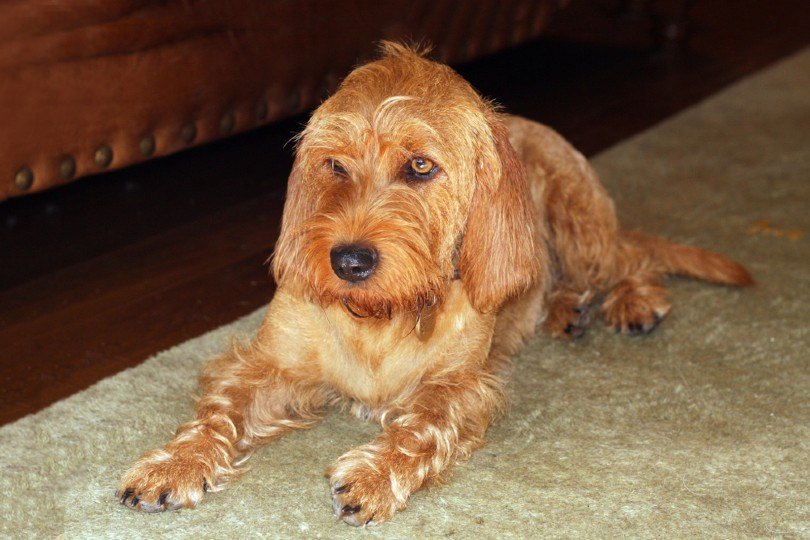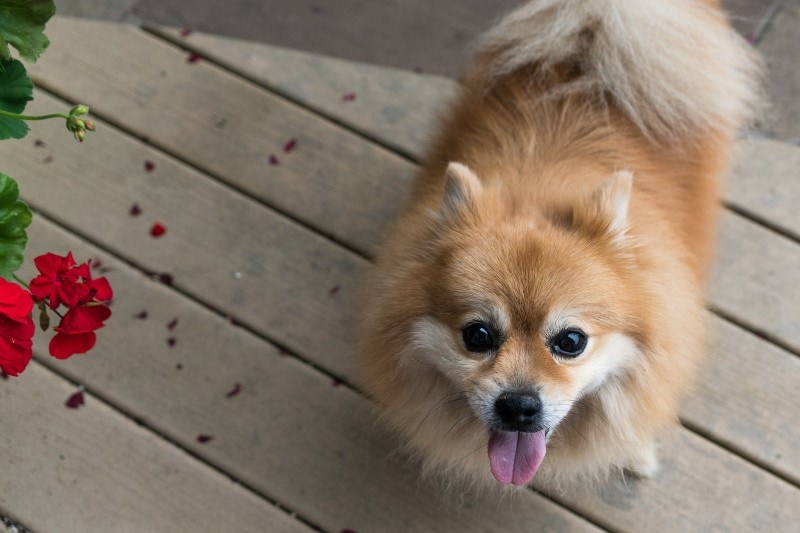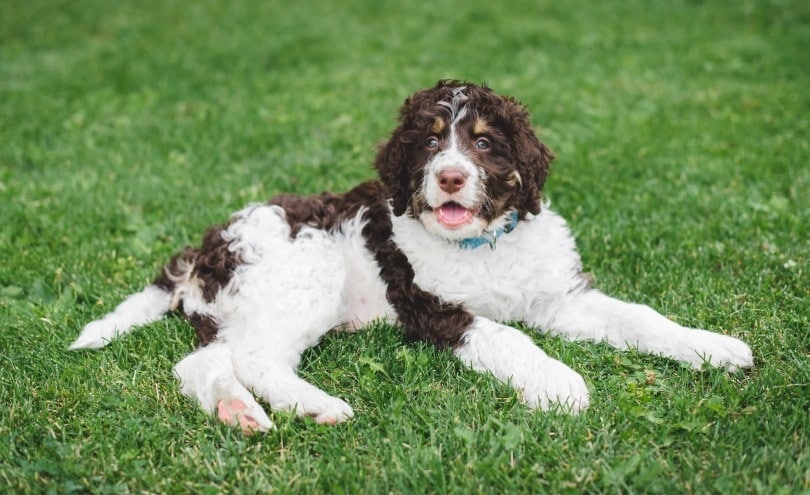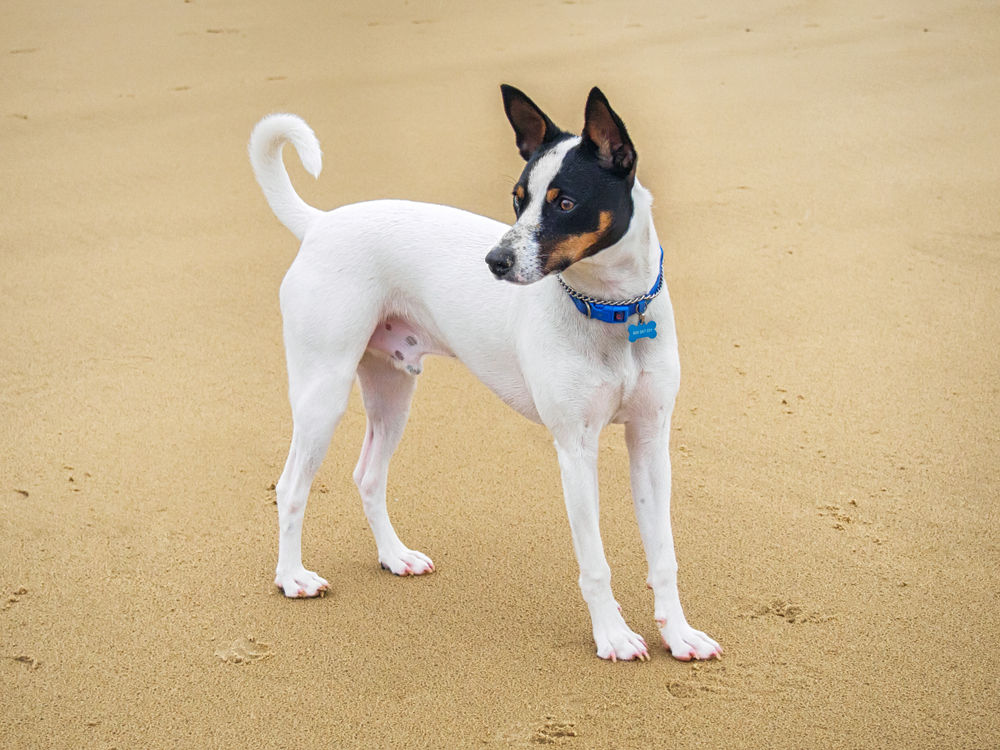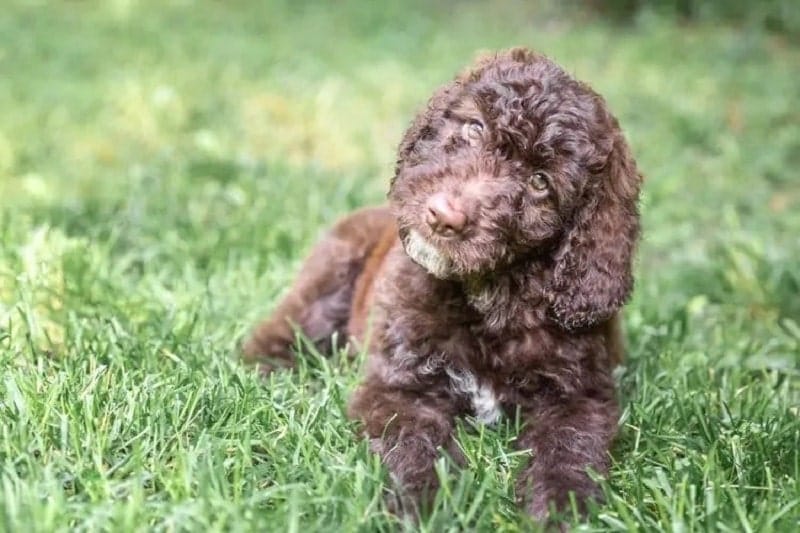Introducing the Basset Fauve de Bretagne – a charming dog with a fascinating history and big personality packed in a small frame! Discover their origins, temperament, and care needs.
- Originally hailing from humble French roots, this breed was developed for hunting after larger versions became extinct.
- With high energy and a bit of stubbornness, Basset Fauve de Bretagnes can make delightful family pets for active households.
- Highly social and affectionate, these dogs thrive on attention and enjoy cuddling just as much as playing.
- Potential owners should consider their exercise, grooming, and training needs to ensure a happy life together.
The Basset Fauve de Bretagne is a captivating little breed with a history rooted in France. It emerged from the ashes of the now-extinct Grand Fauve de Bretagne, once an essential companion for hunters. After the French Revolution, this breed became popular among commoners who needed a slightly slower, yet effective hunting companion. They stand about 13 to 15 inches tall, weighing between 25 to 35 pounds, and live for 11 to 14 years. These dogs are ideal for active families who appreciate a low-shedding pet.
Known for their energetic nature, these dogs are bundles of enthusiasm. Always ready to play, they require plenty of mental and physical stimulation. Their past as hunters means they might seem stubborn during training, following their noses wherever an interesting scent leads. Thus, on walks, leashes are crucial. Potential owners need patience and consistency to train these intelligent but distractible pups.
Basset Fauve de Bretagnes are lovable and thrive in family environments. They seamlessly blend into family life and get along well with children, as their playful spirit matches children’s energy levels. Their deep bark is reserved for when they truly need something, so they aren’t excessive barkers. Due to their hunting background, however, it’s best to keep them away from small animals like rabbits and rodents.
Diet plays a crucial role in maintaining the health and vitality of these energetic dogs. High-quality dog food, whether commercially made or prepared at home, should be vetted by a professional to ensure it meets all their nutritional needs. As with any breed, moderation with treats is key to preventing obesity.
Their grooming routine is refreshingly straightforward. Their wiry coat naturally repels dirt and requires minimal maintenance. Weekly grooming with a fine-toothed comb and brush helps keep their coat in top condition. Regular trips to the groomer for nail, teeth, and ear care are also advised to keep them looking and feeling their best.
Health-wise, while Basset Fauve de Bretagnes don’t have prevalent breed-specific concerns, they’re not immune to general canine health issues like ear infections, cataracts, or more severe conditions like kidney or heart failure.
Interestingly, while deciding between a male or female, there aren’t significant differences in size, weight, or energy levels. It’s a matter of personal preference when choosing your new companion. Originally bred from larger, now-extinct hounds, their history as beloved family dogs and hunting companions endures, particularly in France.
Basset Fauve de Bretagnes are little dogs with enormous hearts, perfect for those who can match their energetic and affectionate nature.
